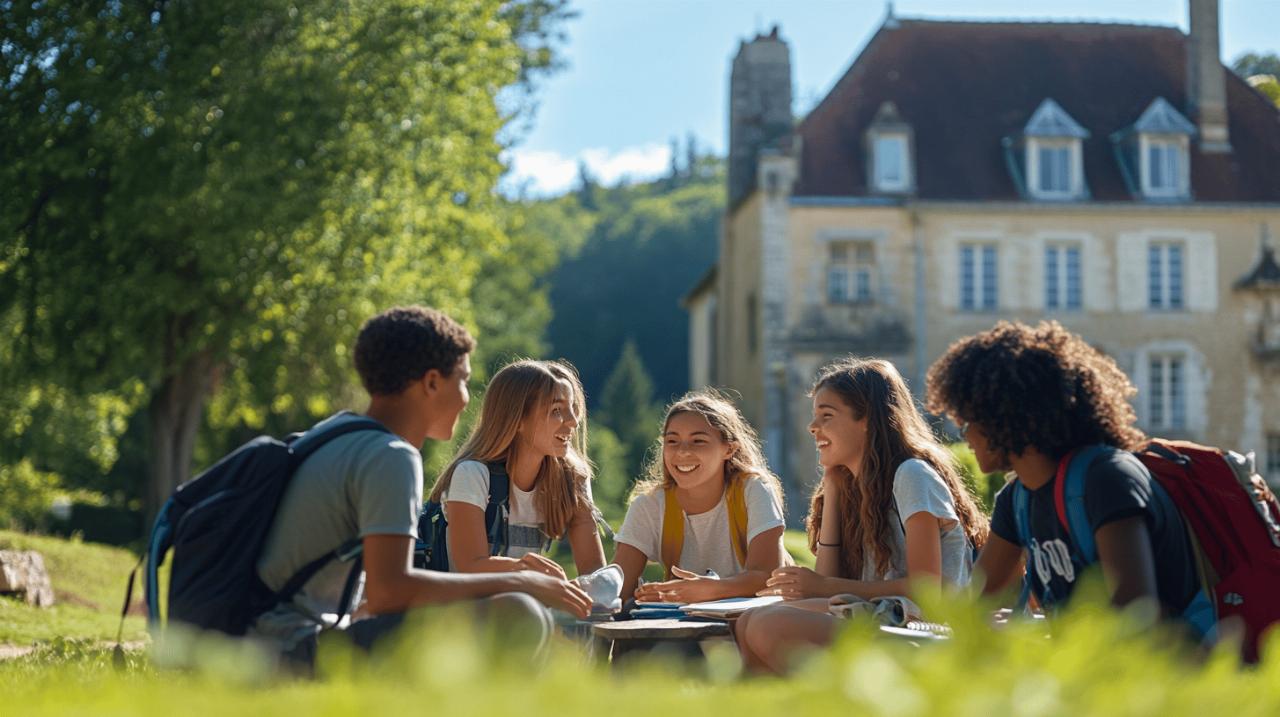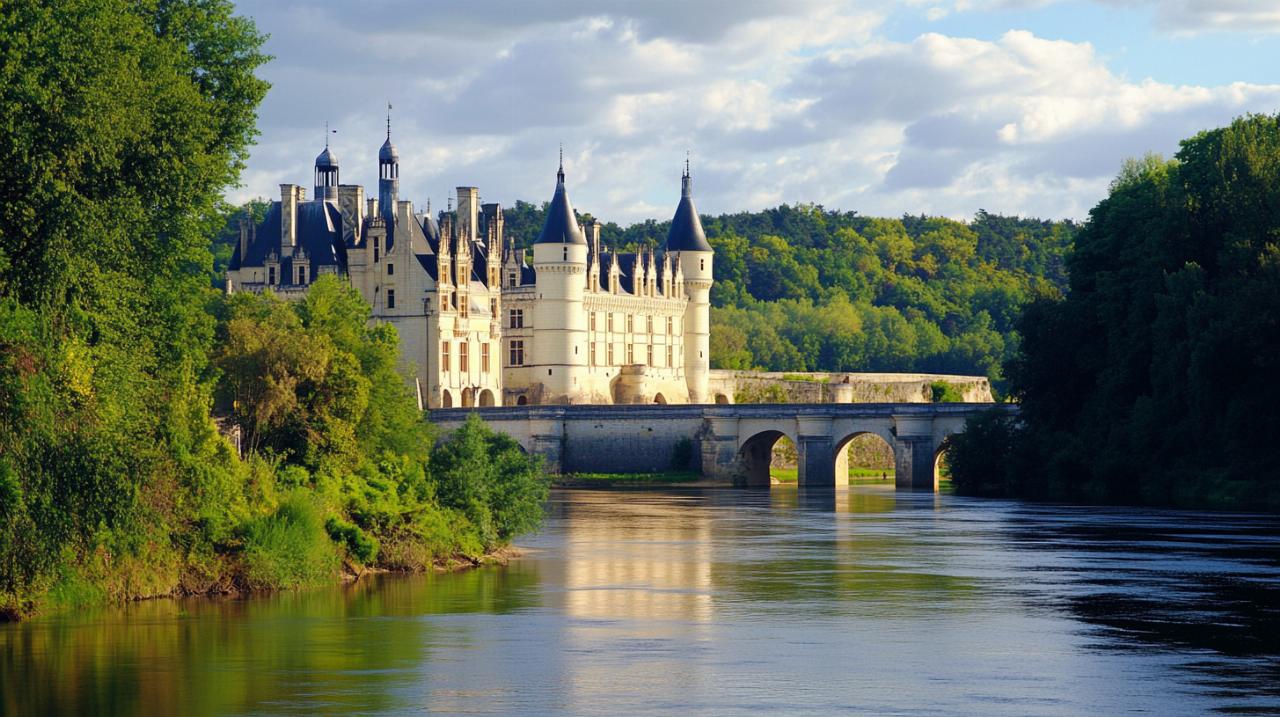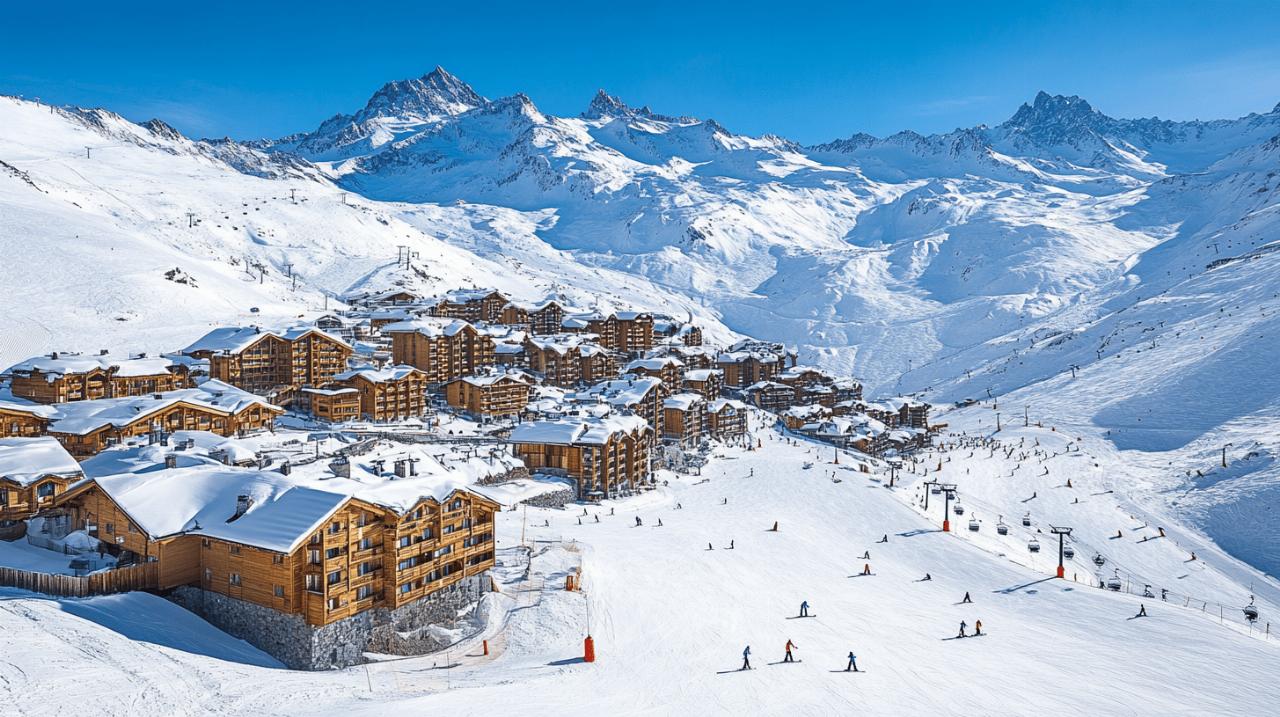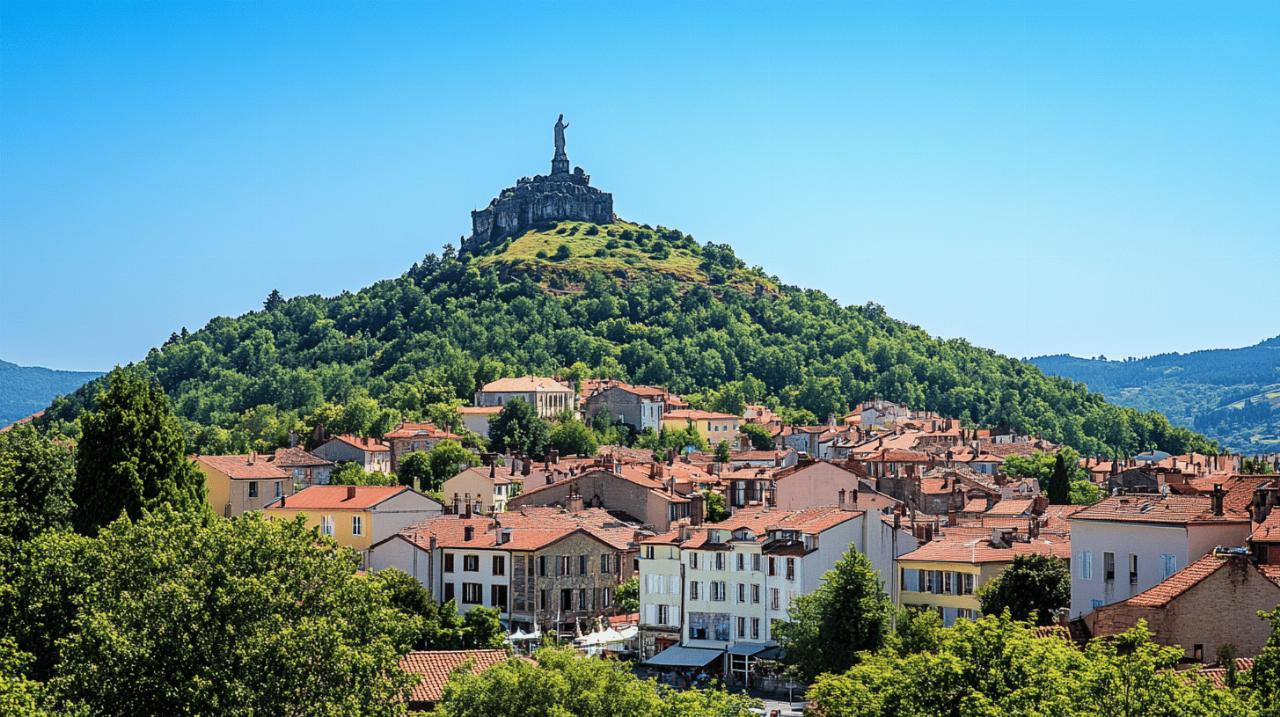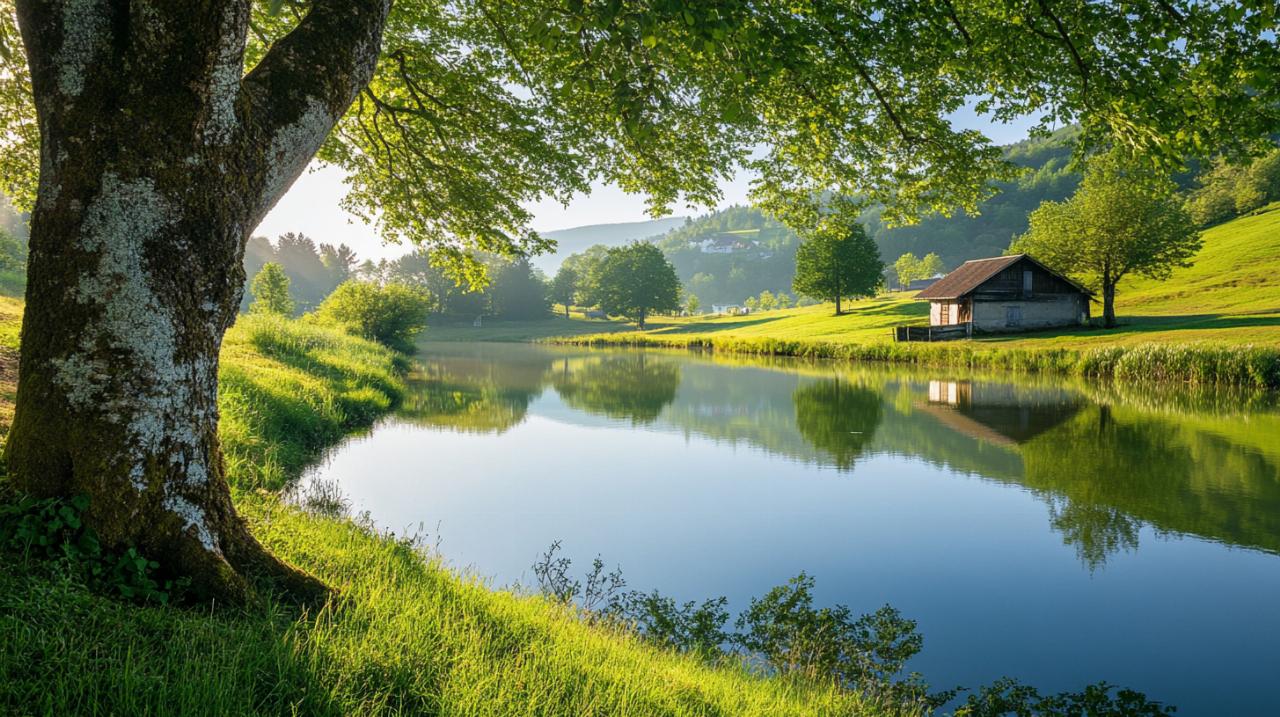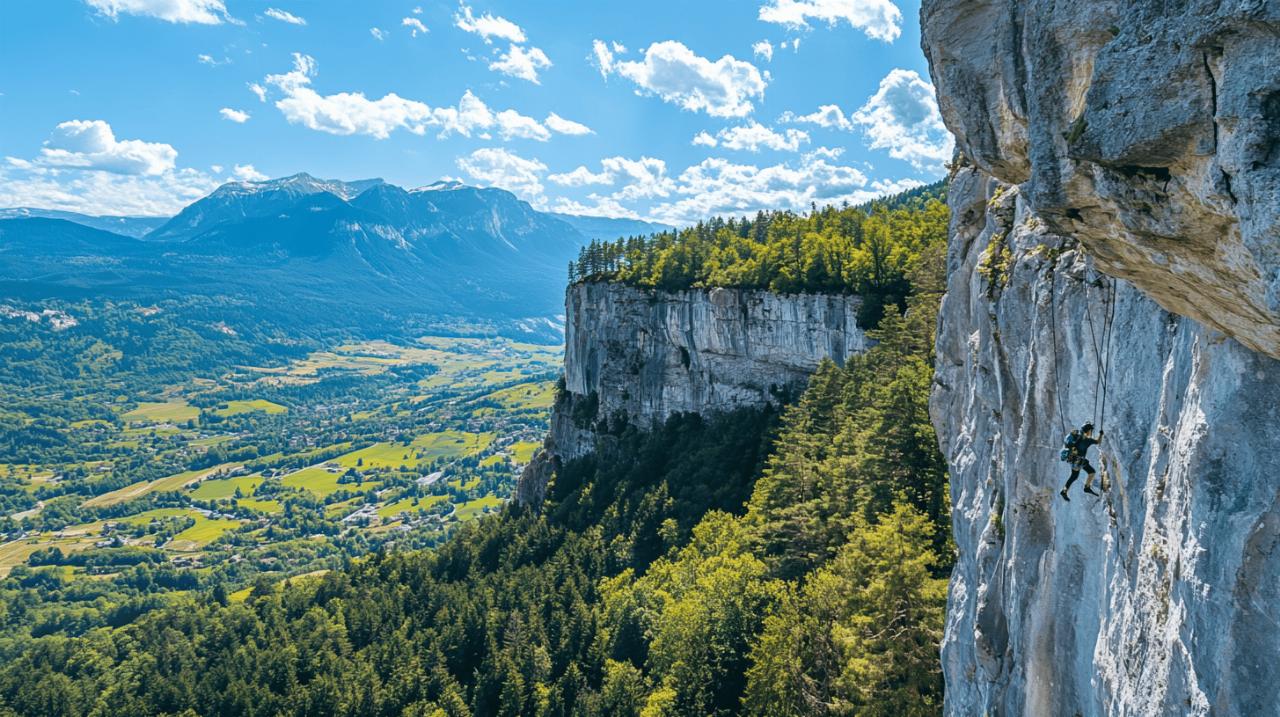In an era where authentic experiences trump passive holidays, the trend of active family adventures is gaining remarkable momentum. Gone are the days when family holidays meant only beach resorts with kids' clubs. Today's families seek meaningful connections through shared adventures, creating memories that last far longer than any souvenir could. Trek-based family holidays offer precisely this combination of adventure, education, and togetherness—particularly in destinations like Morocco and France, where diverse landscapes and rich cultures provide the perfect backdrop for intergenerational exploration.
Discover morocco's magic: family treks through varied landscapes
Morocco stands as an extraordinary destination for families seeking adventure beyond the ordinary. This North African gem offers a sensory feast that captivates travellers of all ages, from the vibrant colours and exotic scents of marketplaces to the majestic peaks and valleys that dominate its diverse geography. The country's unique blend of Arabic, Berber, and European influences creates a cultural tapestry that sparks curiosity in young minds while providing adults with genuine immersive experiences.
From marrakech souks to atlas mountains: child-friendly routes
Beginning a Moroccan family adventure typically starts in Marrakech, where the famous Djemaa el-Fna square serves as an exciting introduction to local culture. Storytellers, musicians, and food vendors create a carnival-like atmosphere that children find mesmerising. After exploring the labyrinthine souks with their handcrafted treasures, families can transition to gentler treks in the foothills of the Atlas Mountains. Routes such as the Ourika Valley offer easy walking paths alongside flowing streams where children can splash about during breaks. For families with older children, the Imlil Valley provides moderate trails with breathtaking views of Mount Toubkal, North Africa's highest peak. Guides familiar with family dynamics know exactly when to pause for stories about local traditions or to point out indigenous plants and wildlife, turning a simple walk into an educational adventure.
Accommodation gems: charming family hotels in hidden valleys
After days filled with exploration, Morocco offers delightful accommodation options that enhance the family experience. Traditional riads in smaller villages provide authentic stays with family rooms surrounding peaceful courtyards. In more remote areas, converted kasbahs offer fortress-like accommodations where children can imagine themselves in ancient tales while parents appreciate the thoughtful renovations that add modern comforts to historical structures. Many family-friendly properties feature swimming pools for afternoon refreshment and rooftop terraces where parents can relax while watching spectacular sunsets over mountain silhouettes. Notably, these smaller hotels often serve home-cooked Moroccan cuisine with options adapted for younger palates, introducing children to new flavours while ensuring they remain well-nourished for the next day's adventures.
France beyond paris: walking holidays for all ages
While Paris captivates with its iconic landmarks, venturing beyond the capital reveals France's extraordinary natural diversity perfect for family trekking holidays. The French countryside offers gentle adventures through varied landscapes, from coastal paths to vineyard-covered hillsides. These routes combine physical activity with cultural immersion, allowing families to experience authentic French rural life while creating shared memories through achievement and discovery.
Coastal Paths and Vineyard Strolls: Selecting the Right Route for Your Family
France offers a remarkable variety of walking routes suitable for different family compositions. The Brittany coastline presents dramatic sea views along well-marked paths where children can hunt for shells on sandy beaches during breaks. In Normandy, gentler trails connect historic villages while passing by apple orchards and dairy farms, offering opportunities to sample local produce. For families with teenagers seeking more challenge, the Dordogne region combines moderate hiking with historical elements as paths wind past medieval castles and prehistoric cave sites. The Loire Valley offers perhaps the most versatile family trekking, with flat riverside paths suitable for even the youngest walkers, punctuated by magnificent châteaux that seem lifted straight from fairy tales. Experienced tour operators can match route difficulty precisely to your family's abilities, ensuring challenging sections for energetic teens while incorporating plenty of interesting stops for younger children.
Comfortable stays: family rooms and kid-friendly facilities along french trails
France excels in family-friendly accommodations along popular trekking routes. Unlike the standard hotel experience, staying in family-run chambres d'hôtes provides cultural immersion alongside practical comfort. Many of these establishments offer spacious family suites with separate sleeping areas for parents and children. Hosts often prepare early dinners for younger family members while introducing older ones to regional specialities. Rural gîtes provide another excellent option, particularly for families wanting self-catering flexibility. These renovated farmhouses frequently feature outdoor spaces where children can play after a day of walking. Along popular routes, you'll find accommodations have adapted to welcome trekking families with facilities for washing and drying outdoor gear, packed lunch preparation areas, and relaxed dining environments where trail-weary children are genuinely welcomed rather than merely tolerated.
Hassle-free adventure: the benefits of curated family treks
 Perhaps the greatest advantage of organised family treks comes through the elimination of logistical stress. When travelling with children, spontaneity has its place, but not when it leaves you stranded without appropriate accommodation or facing trails beyond your children's capabilities. Curated trekking experiences remove these uncertainties while preserving the sense of adventure that makes such holidays special.
Perhaps the greatest advantage of organised family treks comes through the elimination of logistical stress. When travelling with children, spontaneity has its place, but not when it leaves you stranded without appropriate accommodation or facing trails beyond your children's capabilities. Curated trekking experiences remove these uncertainties while preserving the sense of adventure that makes such holidays special.
Everything arranged: how guided tours simplify family travel
Specialist family trek operators handle all the complex details that might otherwise overwhelm parents attempting to plan such adventures independently. From arranging transfers between trekking regions to booking family-appropriate accommodations with guaranteed connecting rooms, these services transform what could be a logistical nightmare into a smooth journey. Luggage transfer services prove particularly valuable for families, eliminating the need for children to carry heavy backpacks or for parents to shoulder additional burdens. Expert route planning ensures daily walking distances remain manageable for younger legs while incorporating sufficient points of interest to maintain enthusiasm. Local guides bring landscapes alive through stories and interactive elements specifically designed to engage different age groups. Perhaps most importantly, these arrangements include contingency plans for weather changes or unexpected fatigue, with options to shorten routes or arrange alternative transportation when needed.
Tailoring Difficulty Levels: Treks for Tiny Legs and Teenage Explorers
Quality family trek operators understand that children of different ages have vastly different capabilities and interests. Programmes designed for families with young children incorporate shorter daily distances with frequent interesting stops, perhaps including wildlife spotting activities or simple treasure hunts. For families with mixed ages, routes often feature morning sections suitable for everyone, with optional additional afternoon extensions for more energetic family members. Teenage-focused treks include more challenging terrain alongside elements that appeal to adolescent interests, such as natural swimming spots or opportunities for photography. The best operators conduct detailed consultations before travel, gathering information about each family member's fitness, previous outdoor experience, and special interests to create truly personalised itineraries that challenge without overwhelming.
Responsible tourism with young explorers
Family trekking holidays provide unparalleled opportunities to instill values of responsible travel in the next generation. Through thoughtfully designed experiences, children learn that exploration comes with responsibilities toward both cultural heritage and natural environments. These lessons, delivered through enjoyable experiences rather than lectures, often become foundational to how young people view travel throughout their lives.
Teaching the next generation: cultural respect during family treks
Guided family treks incorporate age-appropriate cultural education that helps children understand the communities they visit. Before entering traditional villages in Morocco, guides might explain local customs regarding photography, appropriate clothing, or greeting rituals. In France, children learn about agricultural traditions while walking through working landscapes. Rather than positioning local people as exotic curiosities, quality family treks facilitate genuine interactions through activities like traditional cooking lessons, craft demonstrations, or meetings with local children. Parents often report that these cross-cultural exchanges rank among their children's most treasured memories, fostering openness and curiosity about different ways of life. By experiencing cultural differences in supportive environments, children develop respect for diversity that extends far beyond their holiday experiences.
Green family footprints: minimising environmental impact while maximising fun
Environmental responsibility forms another crucial component of family trekking experiences. Tour operators increasingly incorporate conservation awareness through engaging activities like beach clean-ups framed as treasure hunts or wildlife monitoring projects that contribute to actual research. Children learn practical skills like proper waste disposal on trails, water conservation in drought-prone regions, and how to observe wildlife without causing disturbance. Many programmes include tree-planting initiatives where families can leave positive marks on the landscapes they explore. The educational approach remains firmly focused on inspiration rather than guilt, showing young people how their actions directly affect environments they've come to love. This combination of meaningful activity and tangible impact creates powerful environmental awareness that children carry home with them, often becoming enthusiastic advocates for conservation practices within their own communities and schools.


